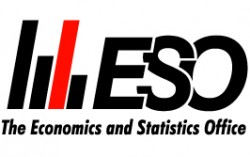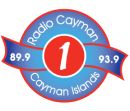News
Compendium of Statistics 2021 Released

The Cayman Islands’ Compendium of Statistics 2021, released by the Economics and Statistics Office (ESO), is a comprehensive collection of statistics from various public and private sector data sources covering population, demographics, social and living conditions, the economy, finance, and development; the environment; and information and communication technology.
The country’s 2021 total count from the population and housing census was 71,105 reflecting a growth rate of 29.2 percent (16,069 persons) over the 2010 population.
In social services, the total number of families who received assistance from the Needs Assessment Unit declined significantly in 2021 to 1,783 compared to 2,558 in 2020. Families assisted with burial expenses rose to 59, while families who received assistance with their rent fell to 485 from 602 in 2020. Similarly, there was a decline in the number of families who got help with their utility bills.
The number of persons receiving poor relief increased to 1,143, up by 3.4 percent from 1,105 in 2020. However, aid with school lunches, school uniforms, pre-school assistance, indigent medical care, and dental care all declined relative to the previous financial year.
In environmental health, the total recorded waste managed at the landfills was 128,078 tons. The total waste incinerated during the year was 397 tons. This was higher by 27.7 percent compared to the incinerated waste of 311 tons in 2020.
Among selected economic indicators included in the Compendium, such as in the agriculture sector, there was a 7.9 percent increase in goats reared in Grand Cayman and a 2.8 percent rise in cattle farming. While, in Cayman Brac, there was a 36.2 percent rise in pig farming and a decline of 4.4 percent in goat rearing and an 8.6 percent decline in cattle farming.
- For more information on The Cayman Islands’ Compendium of Statistics 2021, visit www.eso.ky.












